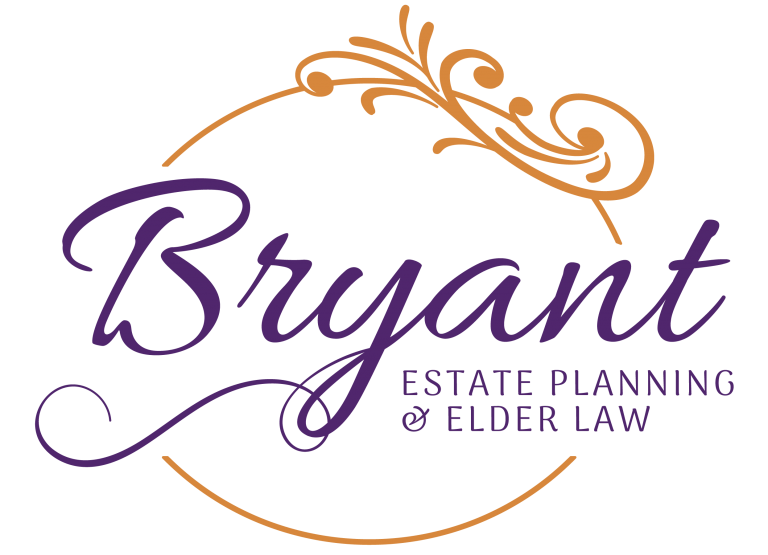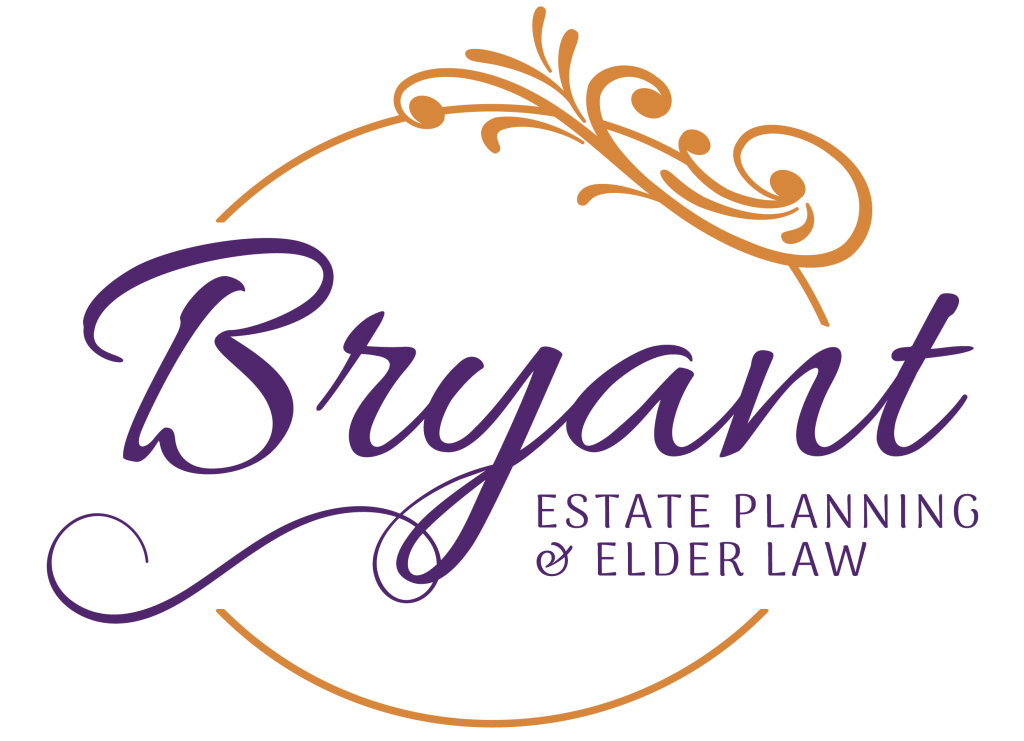Returning Home? Recovery Options for a Loved One after a Hospitalization
It is an incredibly stressful and traumatic experience to have a loved one face a serious medical issue and hospitalization. In the moment, you are focused on the minute-to-minute recovery, and not necessarily thinking about what happens when your loved one is well enough to leave the hospital. However, it is important to prepare for next steps.
As soon as possible, you need to begin having a conversation with the hospital’s discharge planner (sometimes referred to as a social worker). They can provide you with necessary information to allow you to begin planning including:
- When they expect to discharge your loved one
- The level of care that your loved one will need after they leave the hospital (g., rehab/skilled nursing care, in-home care, and other services your loved one may need to make a smooth transition)
- A list of recommendations and resources for both your loved one’s care and support and for yourself—you need to surround yourself with a good support system, so you do not burnout
Your loved one may be able to return home immediately after a hospital stay. You should consider if you need to adjust their home to ensure that they are safe and that you have the tools available to provide them with the best care. It may be beneficial to engage with a home health care agency that understands how to handle and care for the initial needs of someone who has just been discharged, and to ensure that your loved one’s primary caregiver does not injure themselves or your loved one. You need to consider whether you have adequate resources to pay for this care, as only long-term care insurance and/or private paying will pay for this care.
If you cannot afford in-home services and/or if your loved one’s condition remains severe, they may be discharged to skilled nursing, also known as rehabilitation. If your loved one is on Medicare, they will get an incredible number of services and care for the first 20 days of their stay. If you expect that they will need more time in the facility to recover, then you will typically have to begin paying a co-pay (pending their insurance) for days 21-100. If your loved one does not continue to make medical progress or they exceed their Medicare days, then you will be expected to begin private paying for your loved one’s care—Medicare eventually stops paying. The private pay rate for a nursing facility often costs $8,000 to $15,000 per month; however, it is possible to get this care paid for through proper Medi-Cal planning. If you would like more information regarding paying for long-term care through Medi-Cal planning, please call our office at (408) 217-2977 to schedule a no-cost consultation to discuss your options.
All materials have been prepared for general information purposes only to permit you to learn more about our firm, our services, and the experience of our attorneys. The information presented is not legal advice, is not to be acted on as such, and may be subject to change without notice.




